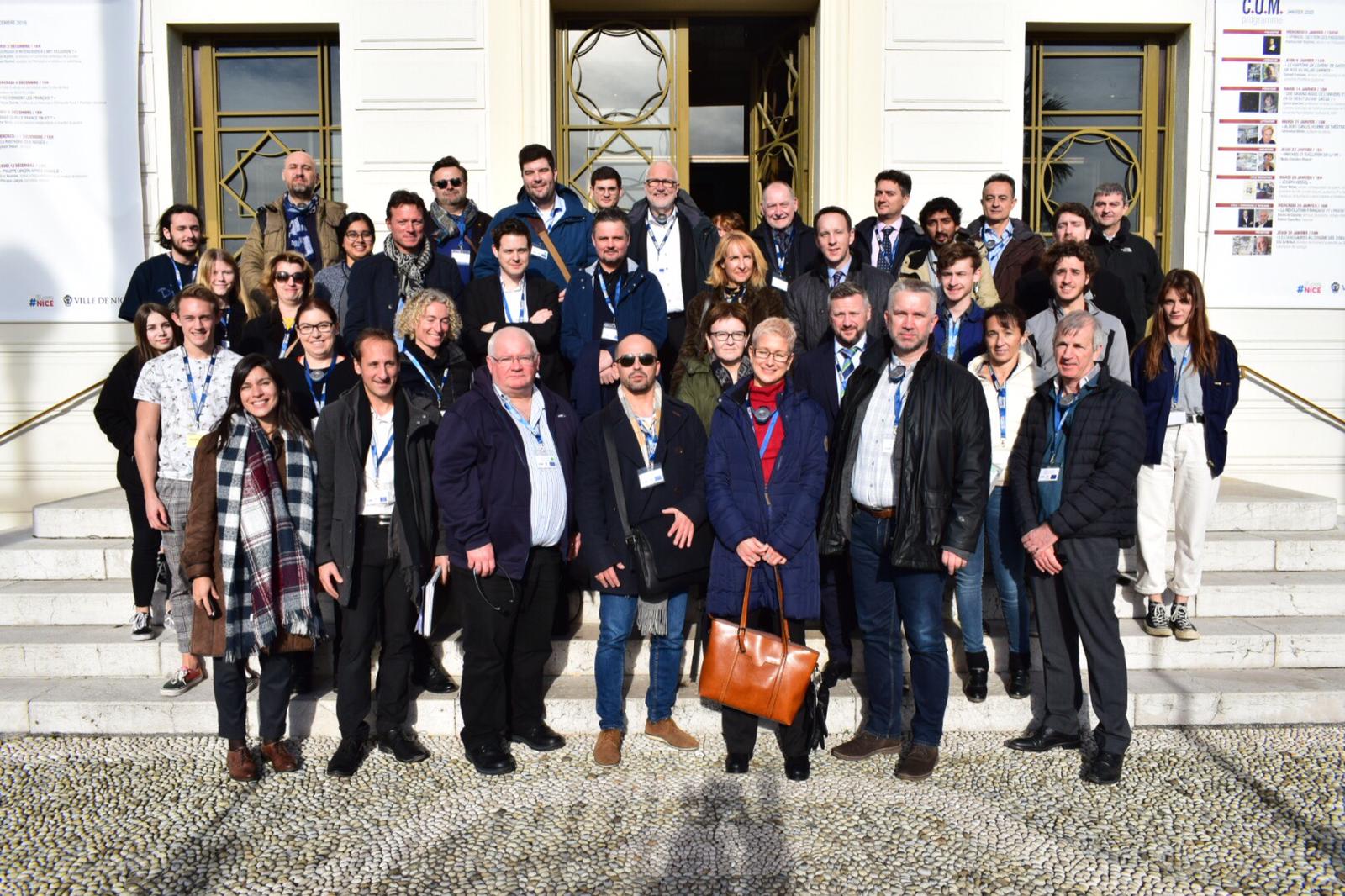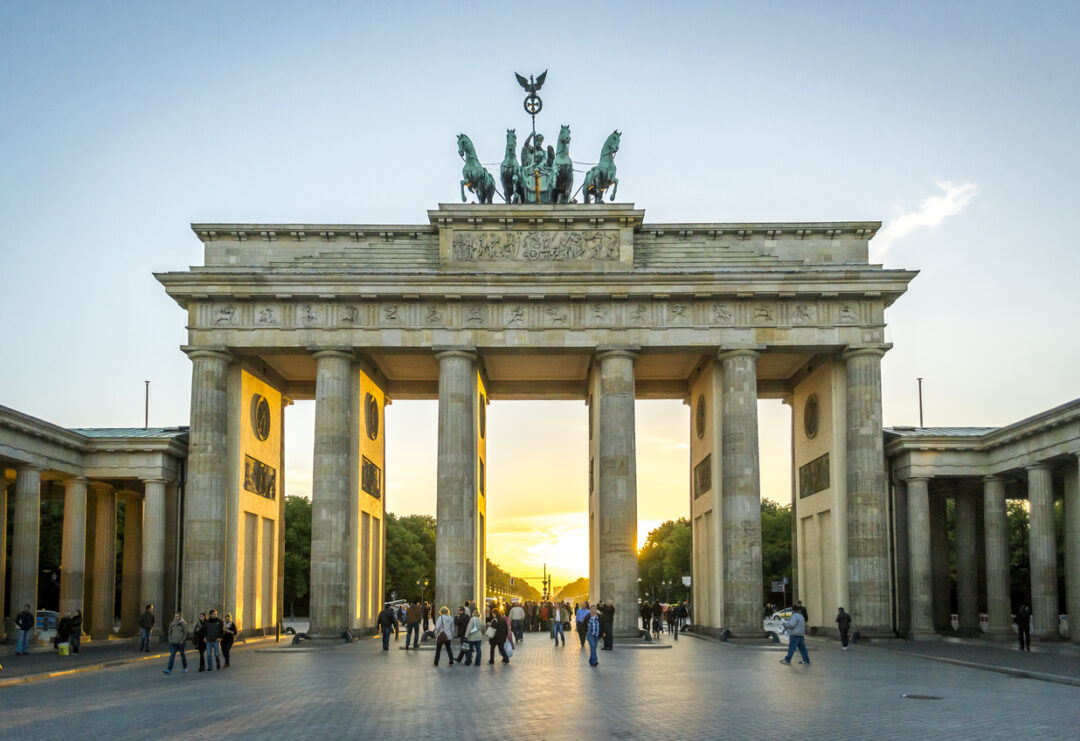Nice, France, December 2019 – A partner in the PACTESUR European project on the protection of public spaces against terrorist threats, Efus organised on 12-13 December in Nice (FR) a “local governance workshop” during which representatives of the cities associated with the project exchanged with the multidisciplinary expert committee and visited on the ground the host city’s security equipment.
The municipality of Nice leads this project, which started in January 2019 for a period of two years (until January 2021). Efus manages a group of 11 cities (Athens, Edinburgh, Essen, Gdansk, Leeds, Lisbon, London, Madrid, Munich, Riga, Xàbia) that have specific issues and knowledge related to the protection of public urban spaces, and is also in charge of a committee of 15 experts from various disciplines (architects, urban planners, legal experts, communication specialists, artists…).
> Visit of the security equipment installed on the Promenade des Anglais
The participants first visited on site the security equipment put in place on Nice’s famous seafront Promenade des Anglais in the wake of the 14 July 2016 suicide-lorry terrorist attack. Some of this equipment was financed through PACTESUR.
Participants met with the engineers who worked on it as well as students from the Sustainable Design School – located near Nice in Cagnes-sur-Mer – who interviewed local residents on their feelings of insecurity. Furthermore, a presentation was made by an expert, Paul Van Sooemeren, director of the Dutch consulting firm DSP-groep specialised in public policies and innovation, on Crime Prevention Through Environmental Design (CPTED).
> Workshops on ‘hard’ or design-led protection
Following the visit, two workshops were organised, one on security by design (i.e. when protective measures are embedded in the design of places and equipment), moderated by the Sustainable School of Design, and the other on ‘hard’ (i.e. fixed and visible) equipment, which was led by the municipality of Nice.
The first day concluded with a presentation of the expert Karine Emsellem, lecturer at the University of Nice, on the importance of post-crisis communication, notably through social media and messages that people leave on a terrorist attack site (cards, candles, flowers, toys…).
> A case study on a fictional attack against a passenger train
On the second day of the seminar, participants worked on a case study of a fictitious terrorist attack against a passenger train arriving at Nice’s station, which was moderated by Éric Estève, formerly from the French police RAID anti-terrorist unit. Divided in two groups, they looked for solutions to attacks of this type with the help of professionals from various disciplines, such as police officers, communication specialists and architects. They came up with holistic solutions that rely on the close cooperation between varied institutions and organisations, such as the police, emergency services, the media and institutional communication towards the public.
> The project’s next events
The project’s next events will be its annual meeting in Edinburgh in February 2020; the second “local governance” workshop in Liège in April 2020, and the third one in Turin in October 2020, during the European Week of Security.





